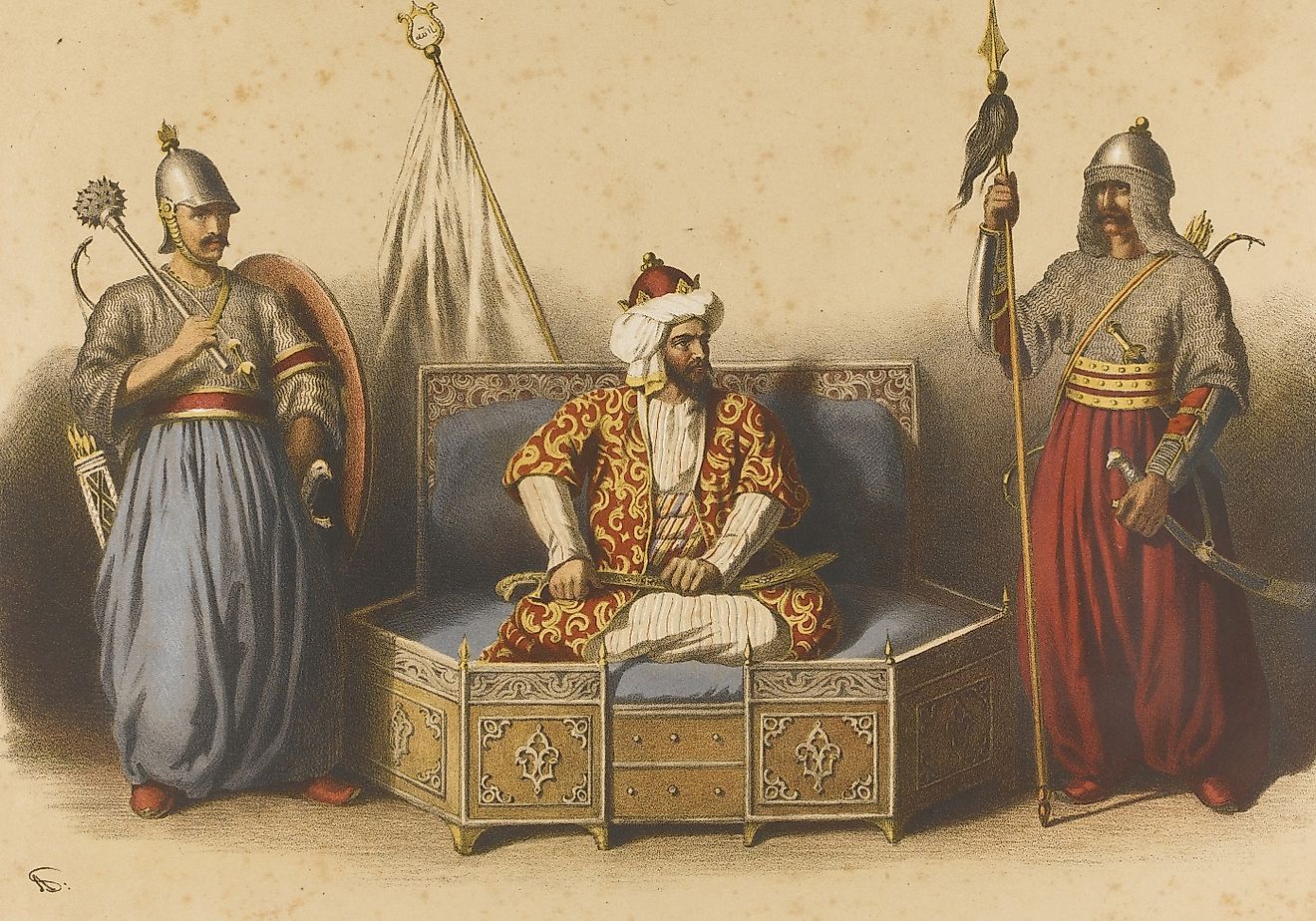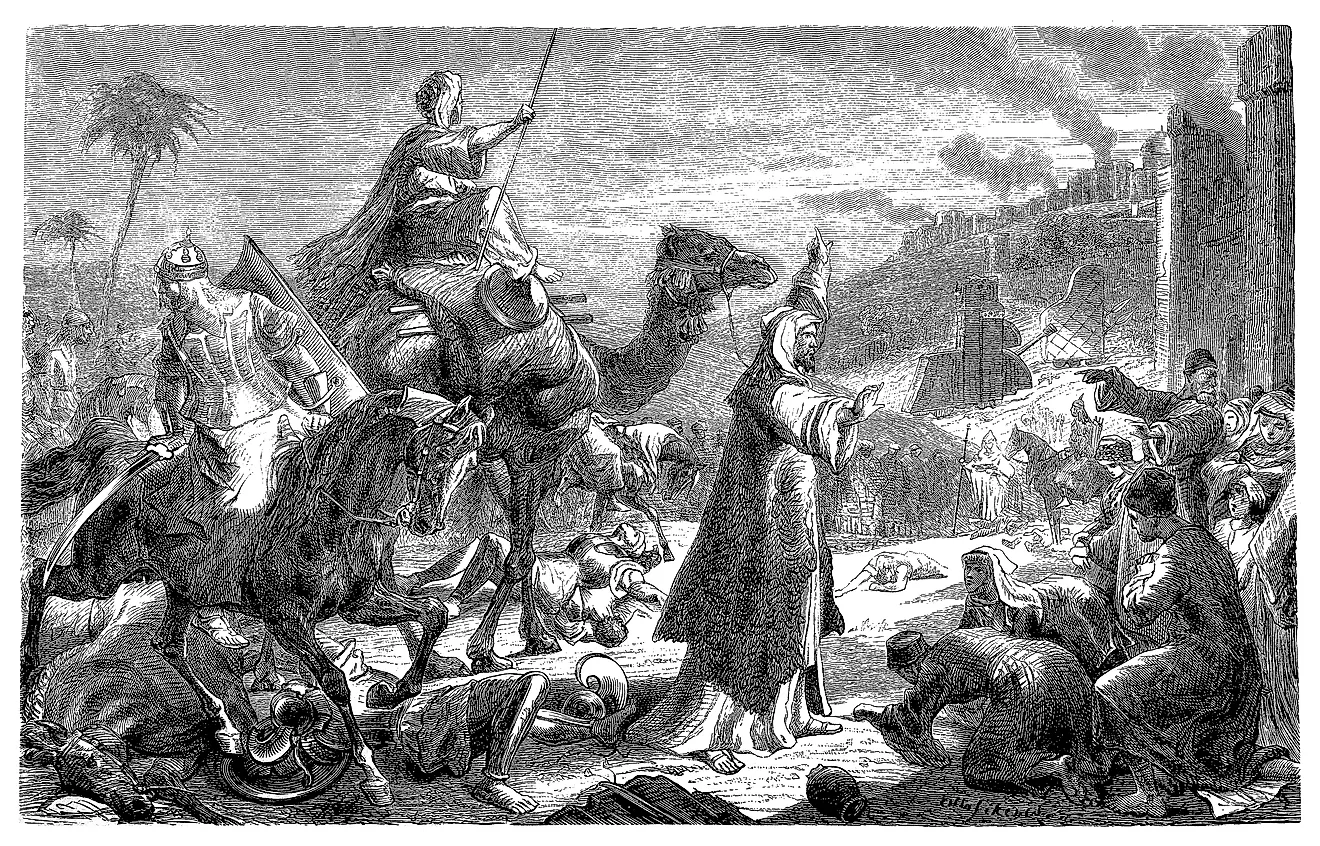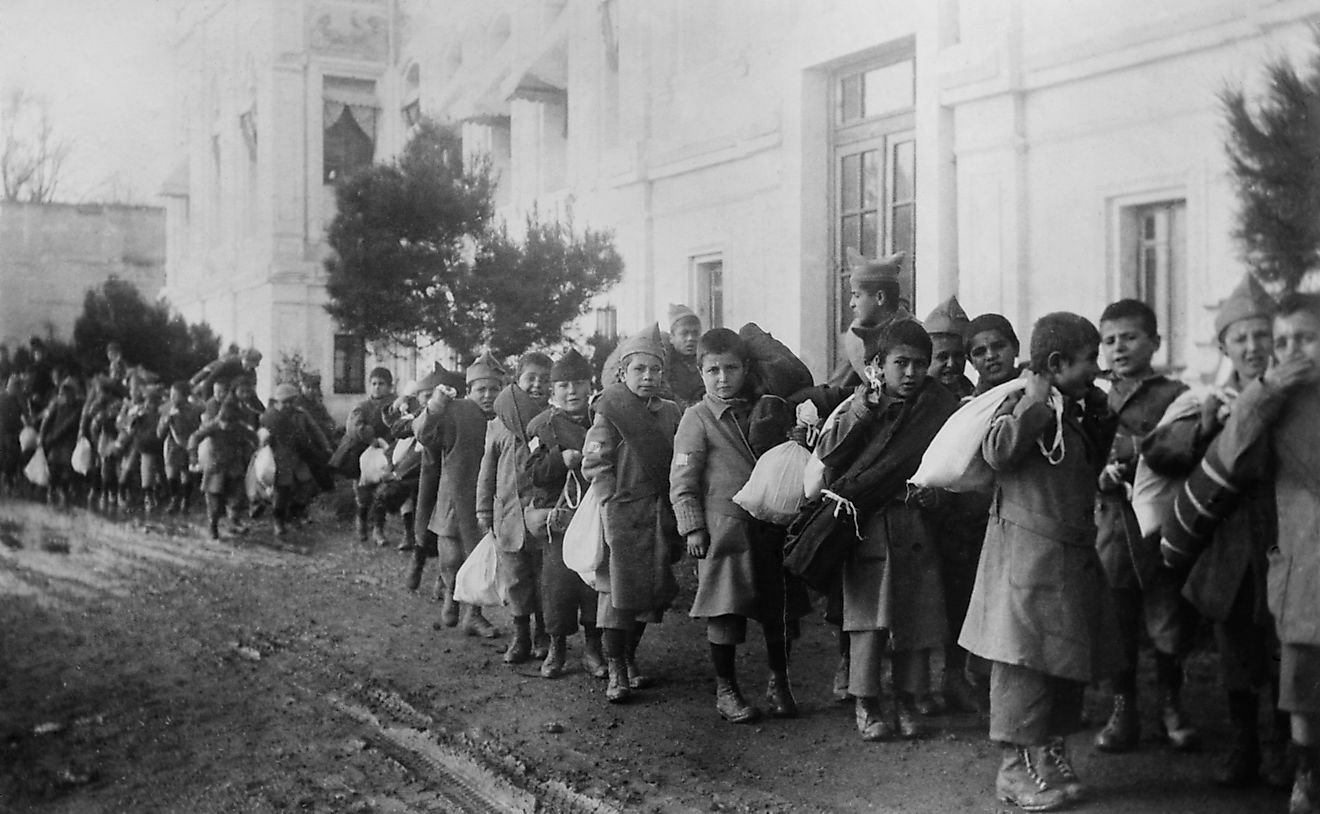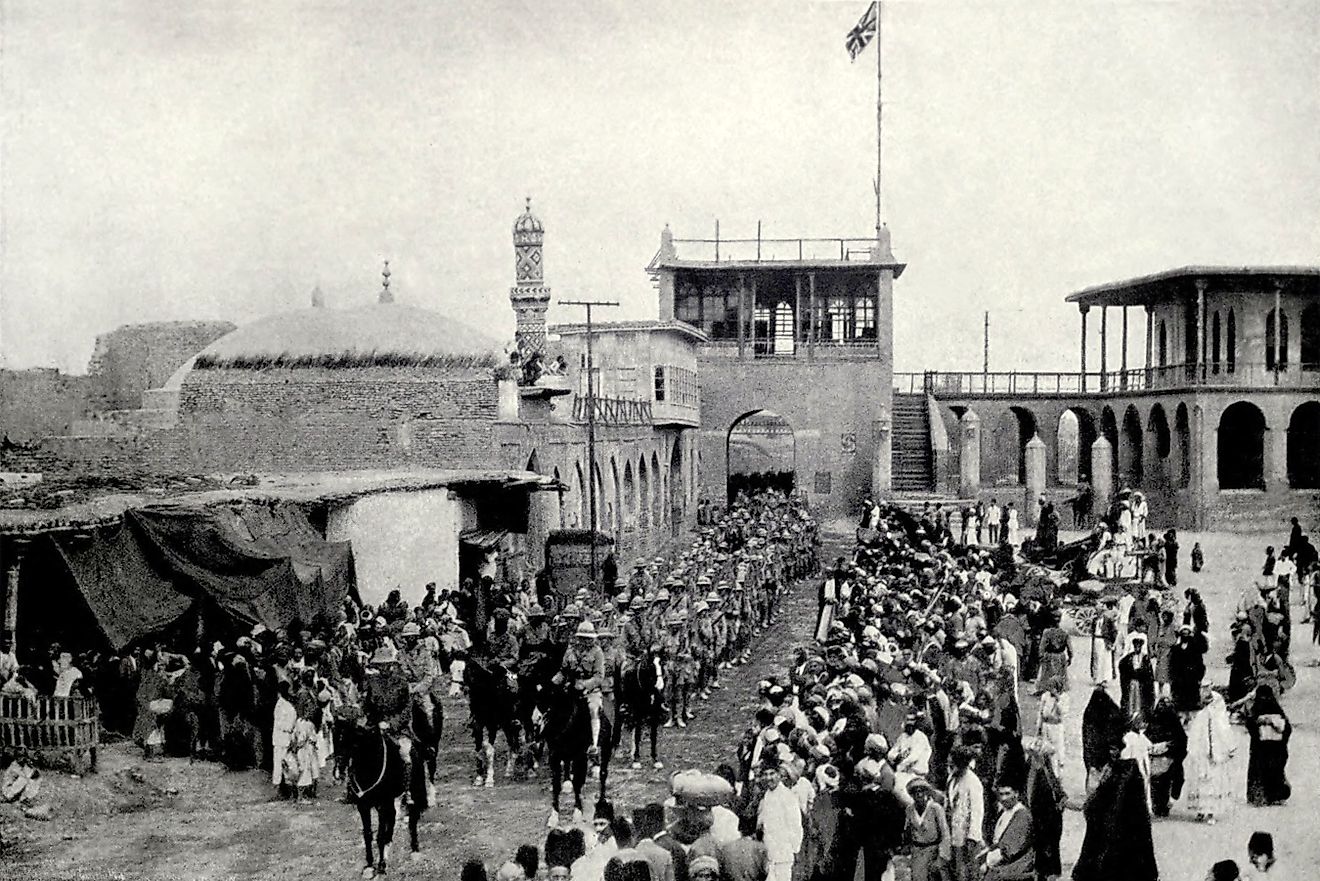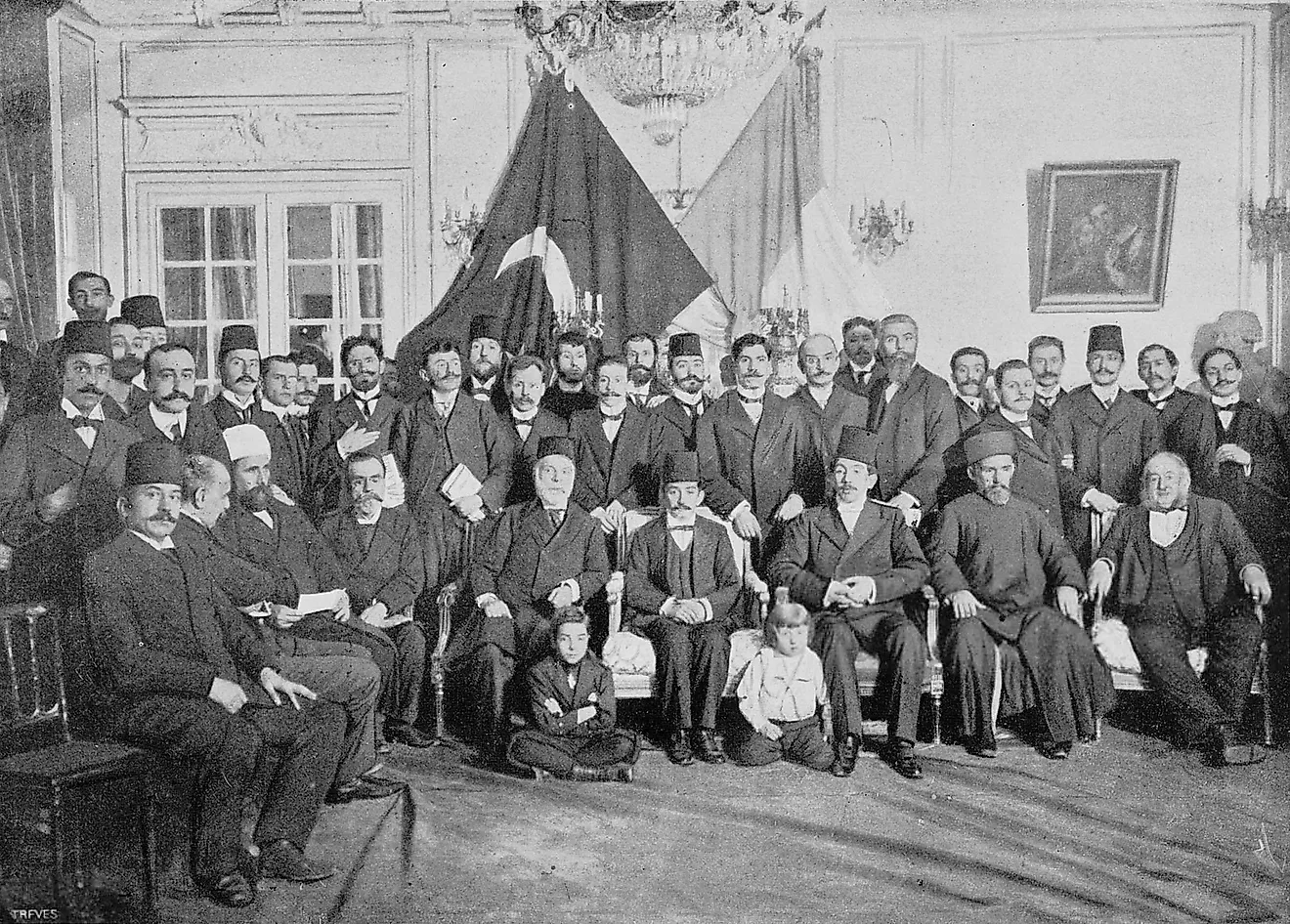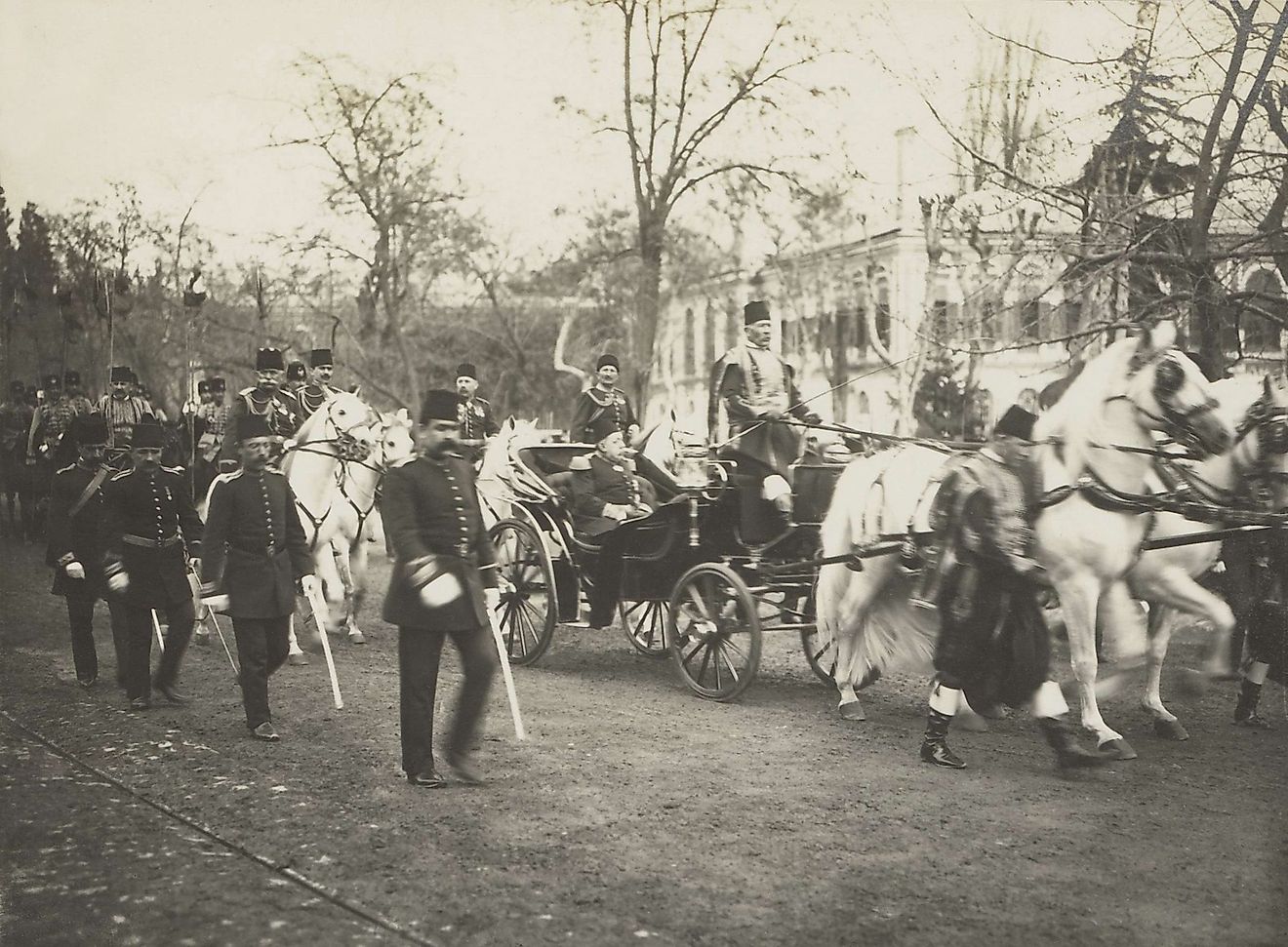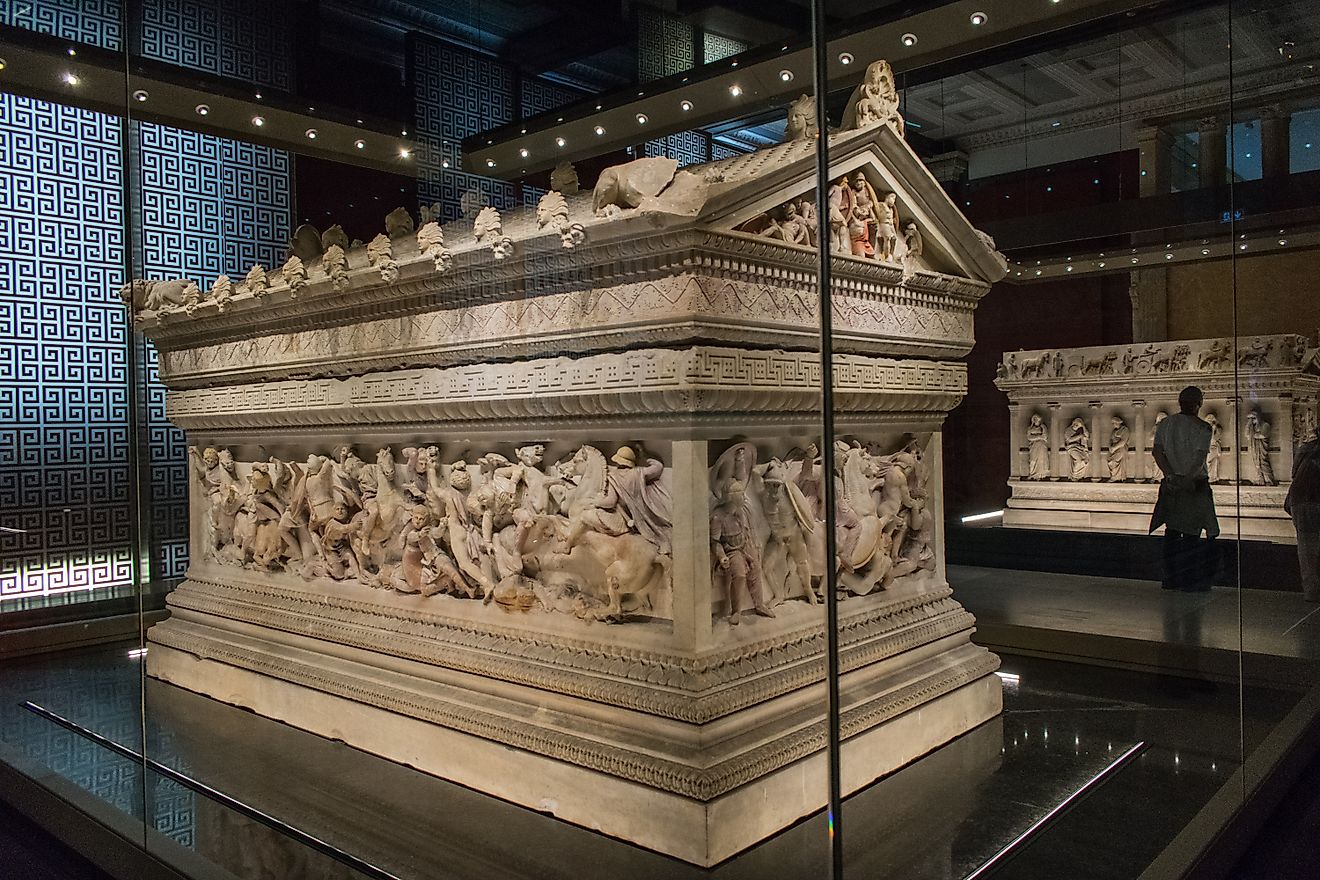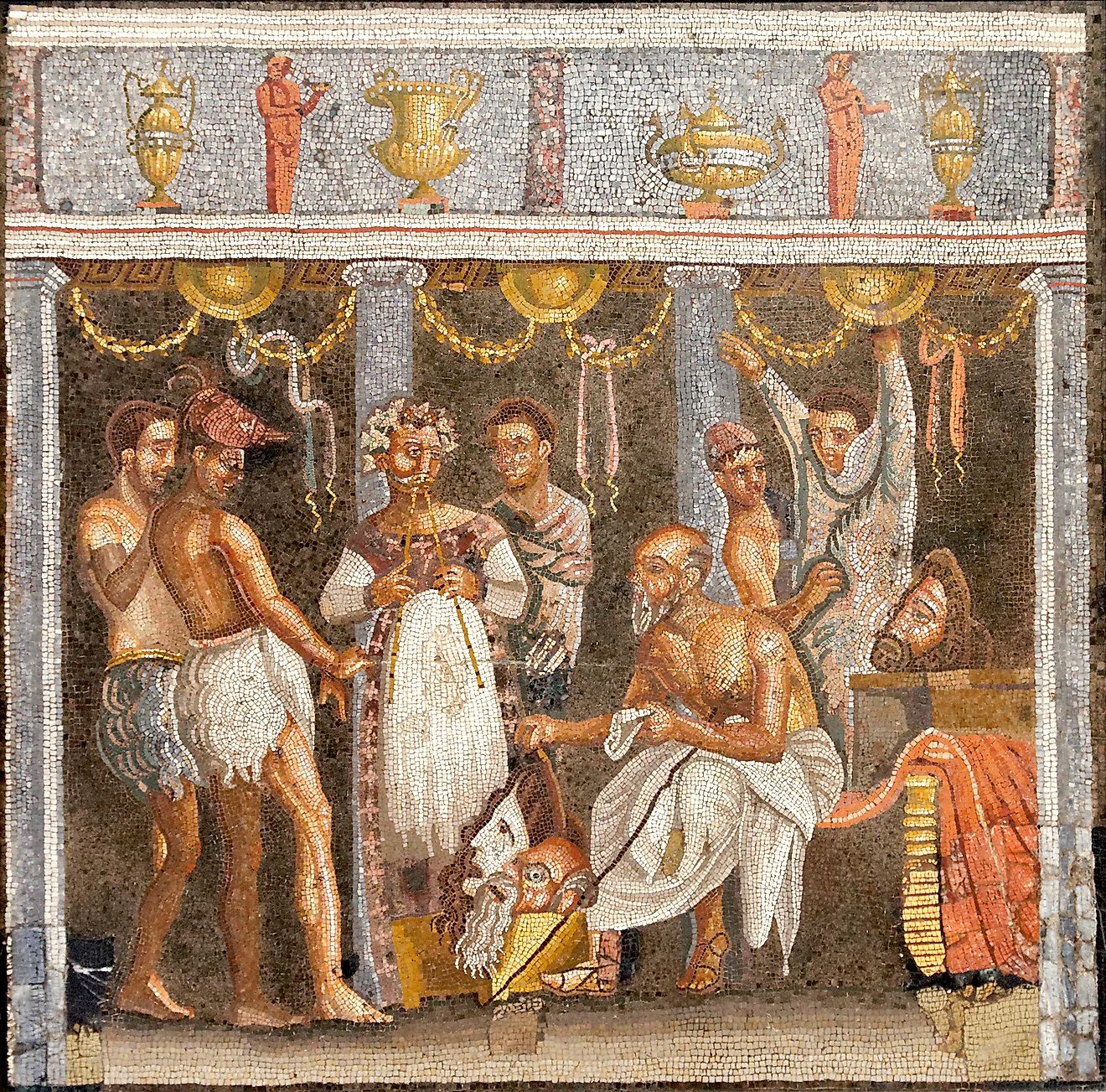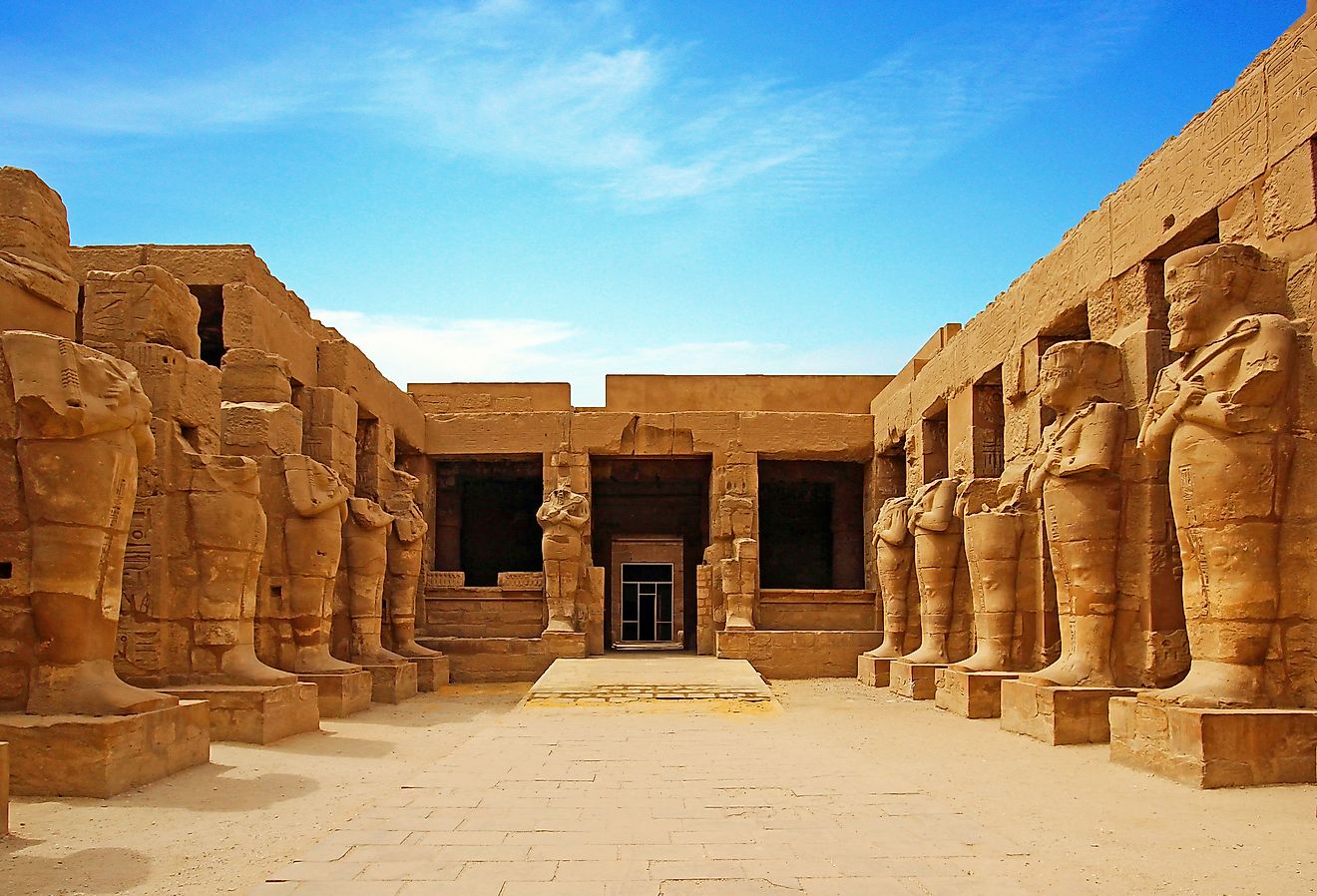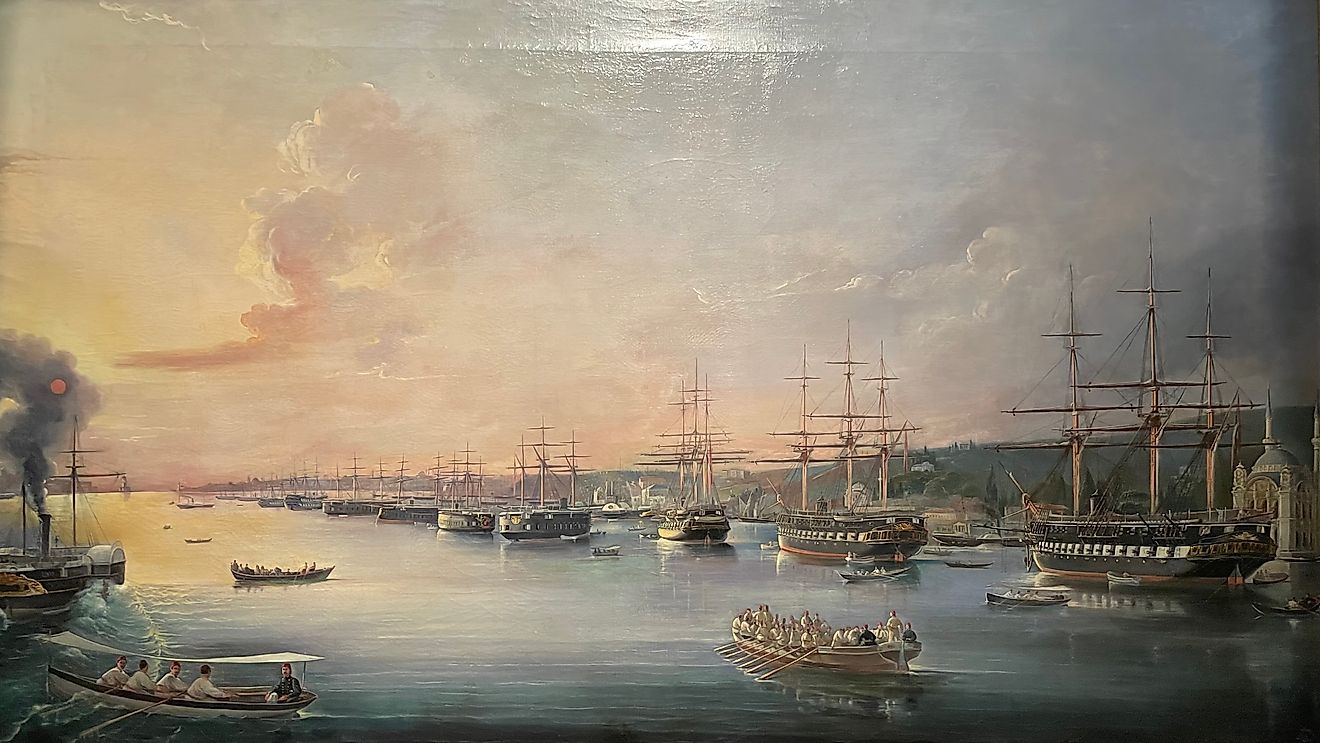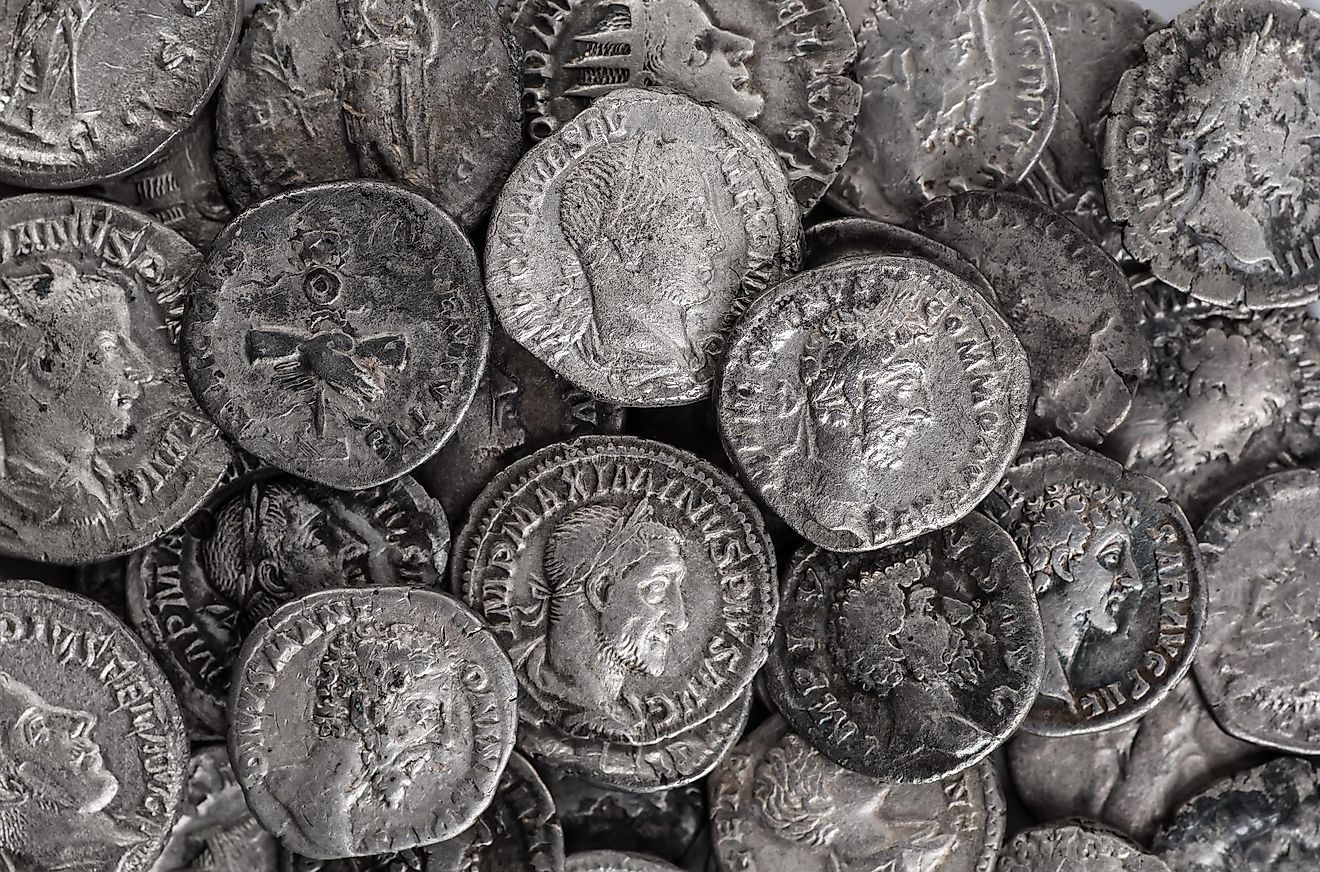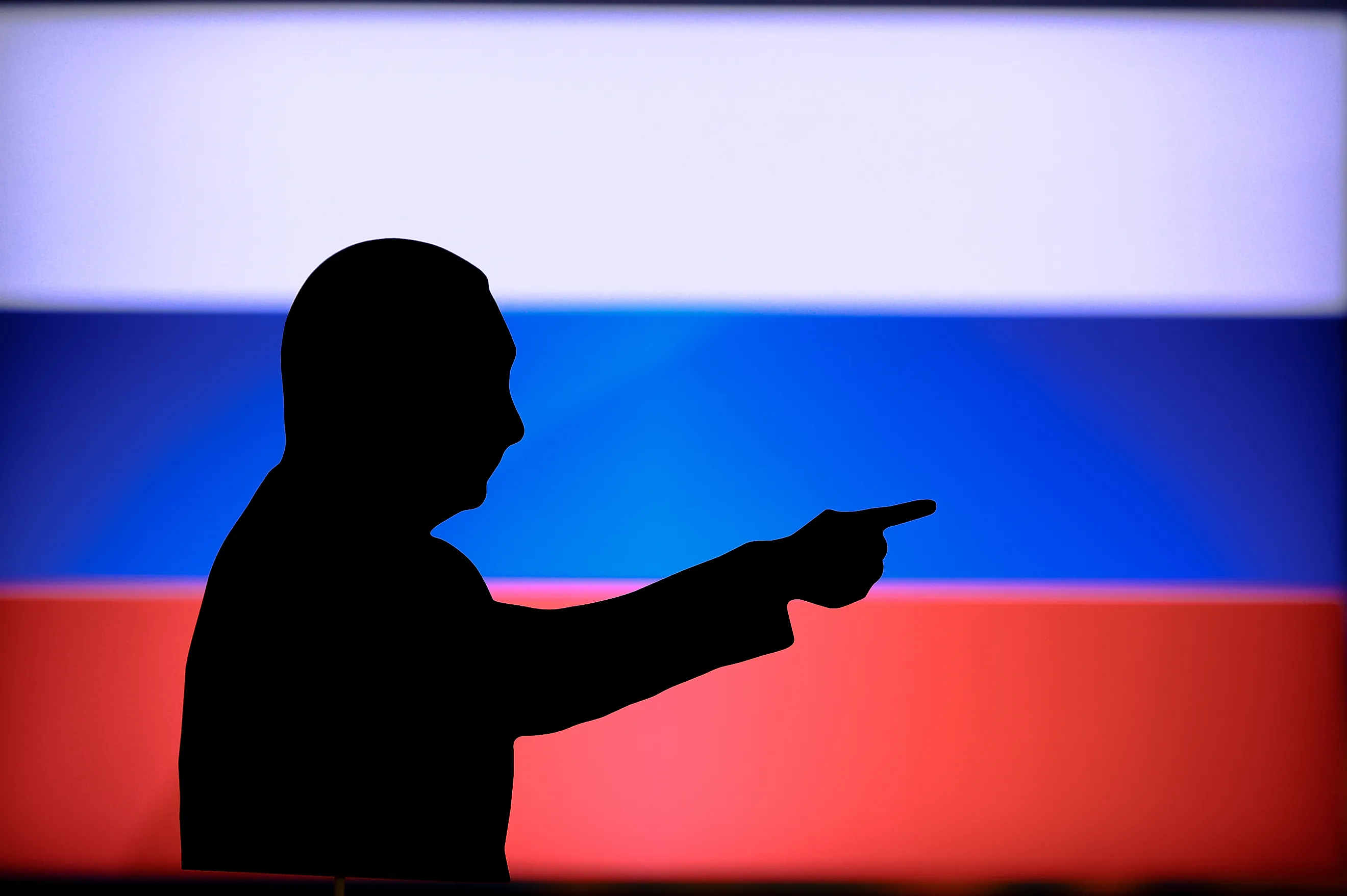
How Did Vladimir Putin Consolidate Power?
Vladimir Putin became the President of Russia in 2000. Initially, his tenure appeared more successful than that of his predecessor, Boris Yeltsin, with Russia experiencing significant economic growth. However, this was accompanied by Putin consolidating power over major political and economic institutions. Indeed, the first two terms of his presidency laid the groundwork for transforming Russia into a dictatorship. After stepping down in 2008, this authoritarian turn was cemented once Putin returned to the presidency in 2012.
A Bit of Background
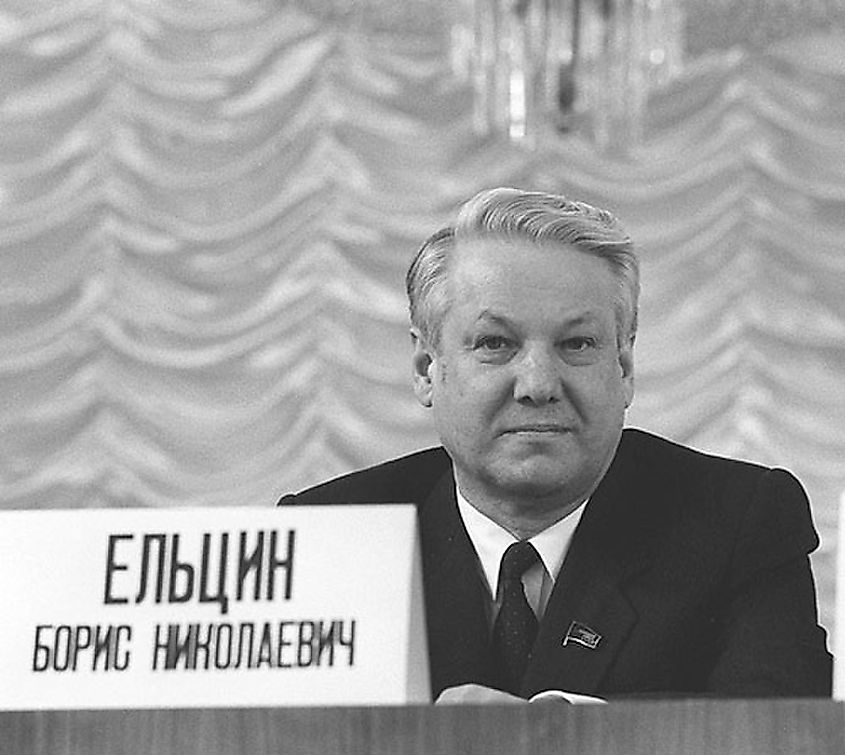
Russia experienced significant problems in the 1990s. The rapid transition from communism to capitalism plunged the country into a deep economic crisis, marked by rampant hyperinflation and widespread supply shortages. Nonetheless, this provided a window of opportunity for some people, who bought stock in major organisations and corporations, like gas companies, newspapers, and banks, at very depreciated prices. These soon-to-be oligarchs further gained power and wealth in 1996, when the government auctioned off shares of previously state-owned companies to fund Yeltsin's re-election campaign. While the oligarchs grew in power, everyday Russians suffered, a situation which became even worse in 1998 when another financial crisis occurred. All this caused Boris Yeltsin's popularity to plummet. When combined with growing concerns about his health and a corruption scandal, his presidency collapsed. Thus, on December 31st, 1999, Yeltsin resigned, naming Vladimir Putin as his successor.
Putin's Rise to Prominence
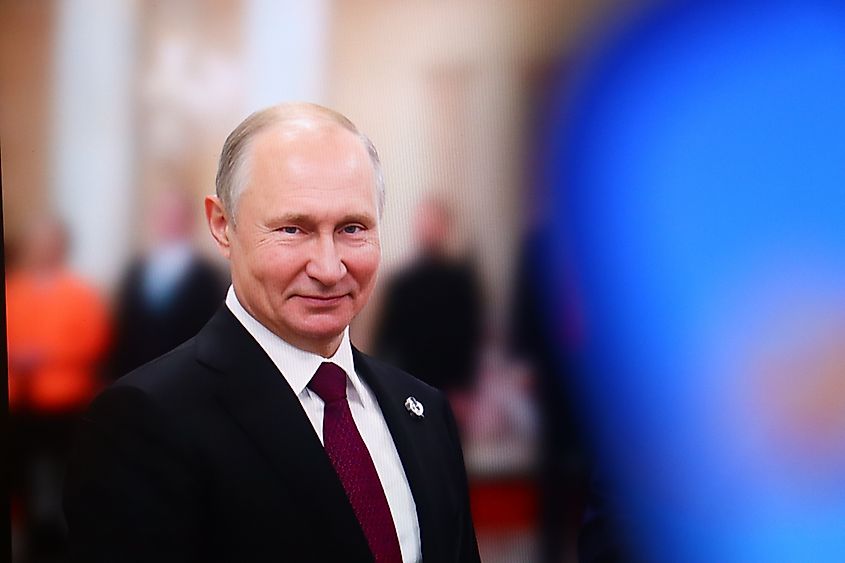
Vladimir Putin was a former Committee for State Security (KGB) officer. He started in politics in the 1990s in Saint Petersburg, before eventually moving to Moscow. Only weeks after he was named acting Prime Minister in August 1999, Chechen militants invaded Dagestan, a region in Southern Russia. A consequence of lingering animosity from the First Chechen War in the mid-1990s, these militants wanted to establish an Islamic state in the region. The next month, a series of apartments were bombed. The government, and Putin in particular, blamed the attack on the Chechen militants. While it is unclear if this was actually the case, with some historians asserting that the Federal Security Service (FSB) was responsible, Putin's rhetoric and promises to restore law and order made him popular. This popularity further increased when Russia invaded Chechnya in October 1999, marking the beginning of the Second Chechen War. The campaign was brutal, with tens of thousands of civilians being killed. Regardless, Russian forces captured the Chechen capital of Grozny in February 2000. Putin's prominence throughout the campaign made him a borderline national hero. This allowed him to win the presidential election in March 2000, thereby giving Yeltsin's chosen successor a democratic mandate.
The First Two Terms
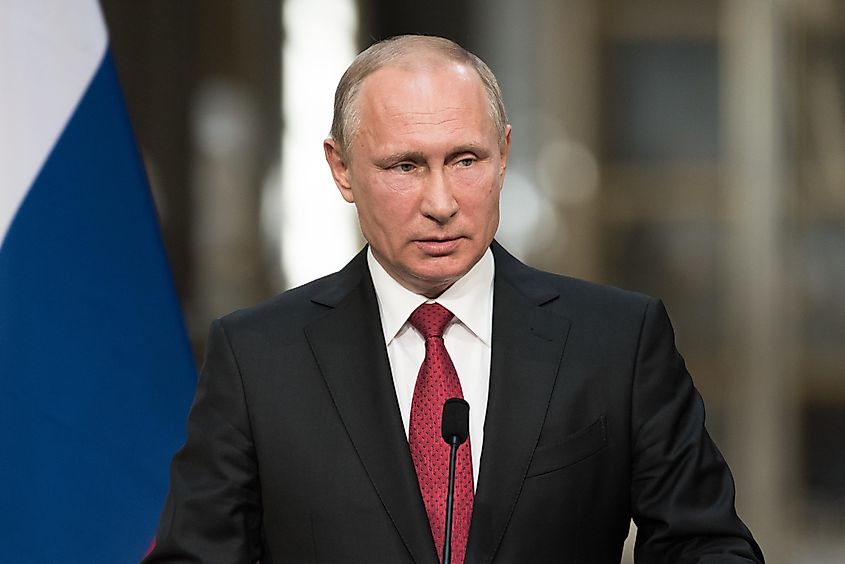
Once elected, Putin immediately began consolidating power. The first step was reasserting presidential authority. During the Yeltsin years, regional governors gained significant influence. Therefore, Putin established several federal districts, all of which were overseen by Presidential envoys. The purpose of these envoys was to ensure regional compliance with federal law. Putin also removed the regional governors from the upper house of the Russian parliament, the Duma. Finally, the governors' power was completely stifled following the Beslan school massacre in 2004, in which Chechen militants killed 334 people, including 186 children. Putin used this event as proof that he needed more control to maintain stability. Thus, he eliminated gubernatorial elections and began directly appointing regional governors himself.
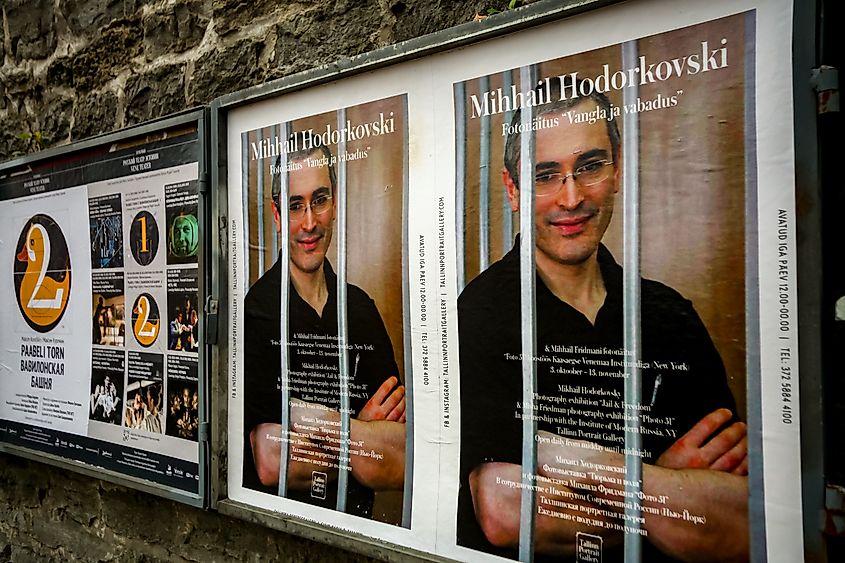
Putin's second main task was curbing the power of the oligarchs. Therefore, in 2000, he made them an unwritten deal, asserting that if they stayed out of politics, they could maintain their fortunes. This was not accepted by everyone, however. Vladimir Gusinsky and Boris Berezovsky both owned television stations that ran critical coverage of Putin and were thus targeted by the Kremlin; their companies were taken over, and they were forced into exile. Perhaps the most prominent example of oligarch targeting was Mikhail Khodorkovsky, the head of the oil company Yukos. The richest person in Russia at the time, he was a fierce critic of Putin. In 2003, Khodorkovsky was arrested on fraud and tax evasion charges. His company was subsequently nationalized, and he spent ten years in jail. With the non-subordinate oligarchs subdued, Putin then installed new oligarchs in their places, many of whom were former KGB associates.
Several other factors helped Putin consolidate power. First, he increased the vote threshold for parties entering the Duma from five percent to seven percent. This helped prevent any small parties critical of the president from receiving representation. Putin also placed allies, many of whom were former members of the KGB and FSB, in key bureaucratic positions in the government and corporate sphere. Finally, a surge in oil prices in the early 2000s caused a major improvement in the Russian economy, making Putin legitimately popular. Indeed, many Russians were willing to overlook his authoritarian actions due to the relative stability and prosperity compared to the Yeltsin years.
Putin "Steps Down" and "Comes Back"
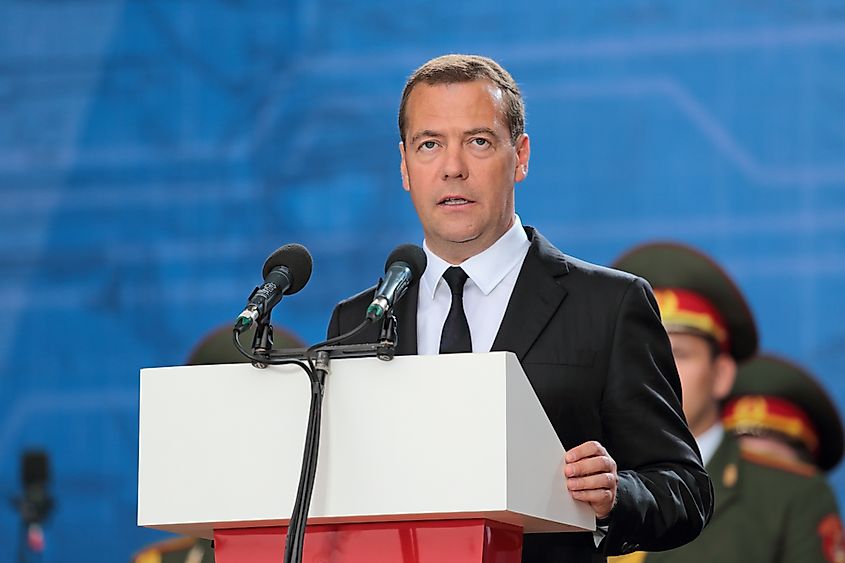
Despite these measures to consolidate power, the Russian constitution still prevented Putin from being president for more than two consecutive terms. Thus, he stepped down in 2008, and Dmitry Medvedev was elected to replace him with a campaign promise to appoint Putin as his Prime Minister. Indeed, the day after his inauguration on May 8th, 2008, Medvedev made good on his word. While less powerful on paper, in practice, Putin was still in control of major aspects of Russian governance. In December 2008, Medvedev proposed a constitutional amendment to extend the presidential term from four to six years, which the Duma promptly approved. This was widely believed to be in preparation for Putin's presumed return to the presidency, with the increased terms giving him time to further consolidate power.
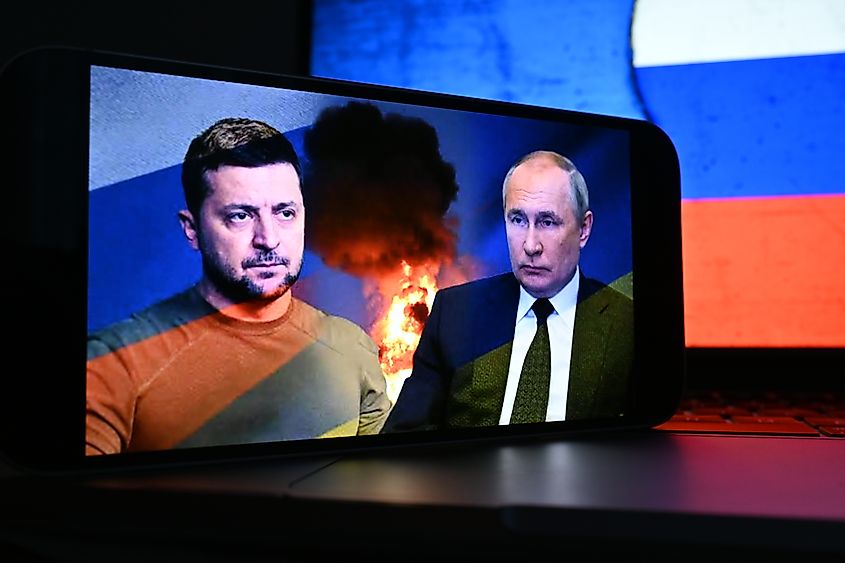
On September 24, 2011, Medvedev proposed that Putin run for President in 2012. Despite experiencing the largest protests of his political career so far, with many accusing him of subverting the constitution, Putin won the election on March 4th, 2012, amidst accusations of electoral irregularities. He subsequently set about completing his consolidation of power. Putin's major political opponents, the most notable of which was Alexei Navalny, were targeted, disqualified from running in future elections, arrested, and some were even killed. Navalny himself was arrested and died in a penal colony in 2024. The invasion of Ukraine in 2014, which saw Russia annex Crimea and begin a war in the Donbass region, resulted in a surge of popularity for Putin, and the image of himself as a national war hero that had been cultivated during the Second Chechen War was further reinforced. Finally, in 2020, a constitutional amendment "reset" Putin's term limit, allowing him to run for President until 2036.
Legacy
Putin's consolidation of power was a multi-decade process. Much of the groundwork was established during his first two presidential terms, with him gaining control over all regions of the country and stifling the power of the oligarchs. Moreover, his return to the presidency in 2012 was characterised by a crackdown on opposition, bolstering his national image, and constitutional changes to codify his power. All this meant that by the 2020s, Putin's position was more or less completely secure.
